


Our team sorts through all blog submissions to place them in the categories they fit the most - meaning it's never been simpler to gain advice and new knowledge for topics most important for you. This is why we have created this straight-forward guide to help you navigate our system.


And there you have it! Now your collection of blogs are catered to your chosen topics and are ready for you to explore. Plus, if you frequently return to the same categories you can bookmark your current URL and we will save your choices on return. Happy Reading!
The World Economic Forum published their list which highlights the most in demand skills leaders of business are stating that young people will need by 2020.
This blog explores the skills in this list and considers the implications for our own teaching & learning.

Looking at these two lists of the qualities employers will prefer, I started to reflect on how schools are recognizing and investing in our leaders & entrepreneurs of the future.
Critical thinking has jumped from 4th in the 2015 list to second in the 2020 list. If we dissect what critical thinking entails (logically making connections between ideas, analysis of theories, evaluation, argument & debating, concluding) this progression up the skills chart is maybe not so surprising. To be part of an ever changing business world, demands individuals who are able to apply these skills to keep moving forward, meeting the needs of an evolving business landscape.
Maybe more surprising to me is the fall in the skill of negotiation; a valid and essential life skill I would suggest. Without negotiation does this imply that it’s a one size fits all approach or there is only one way of doing things- the leader’s way? What is involved in negotiation? An understanding of others’ point of view? Active listening? Leadership skills to inspire, motivate & empower? Surely vital skills to be comfortable with.
New in the 2020 list are the qualities of emotional intelligence & cognitive flexibility.
Emotional intelligence is defined as the capability of others to recognize their own emotions & those of others, identify a range of feelings & label them appropriately. Significantly, a high level of emotional intelligence enables the individual to adjust emotions to adapt to differing environments. To be able to modify & adapt to emerging situations together with a secure base of reasoning, I would argue is not only core of leadership but also healthy participation within society as a whole.
Cognitive flexibility has been described as the mental ability to switch between thinking about two different concepts & to think about multiple concepts simultaneously. Within this are the subskills of task switching & cognitive shifting; which enables the individual to adapt, refine & assimilate new experiences or events. Considering the amazing leads I have worked with, I can see the significance of these qualities & they are the attributes I remember most fondly abut them.
Significantly, creativity has moved up the 2020 list seven places to number 3 on the list.
I see creativity as the ability to create, develop & present meaningful new ideas, thoughts & opinions within the scope of the Arts in order to represent, challenge or stimulate thoughts & opinions from others.
When we consider the qualities involved within this definition, perhaps they would include the skull of possibility thinking, sequencing & ordering based on a theory, an understanding of verbal & non verbal communication & the ability to motivate others using a range of strategies.
If our main aim in education is to support children to be happy, healthy (emotionally as well as physically) & transition successfully into citizens of the future (obviously meeting their own individual potential) could there be an opportunity to reflect on how our current provision supports children to be aware of & strengthen these key skills?

The author

Read more
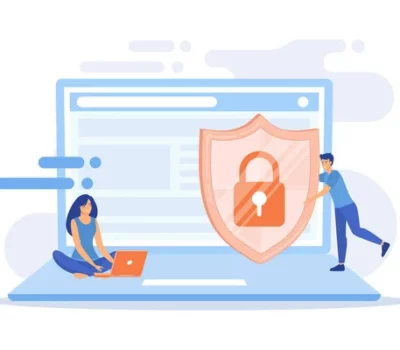
Read more
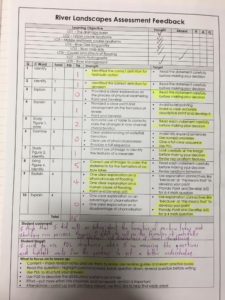
Read more
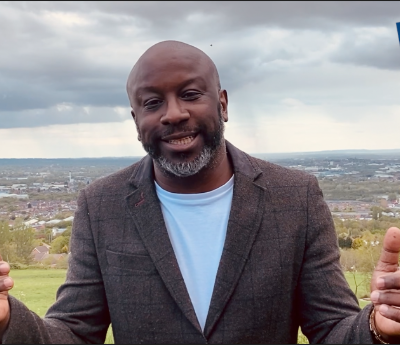
Read more

Read more

Read more
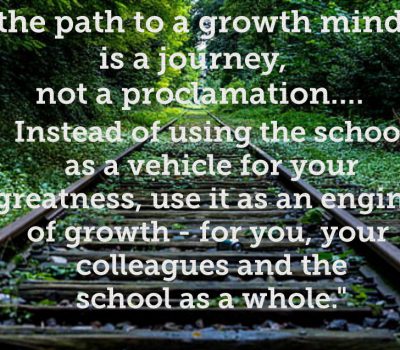
Read more
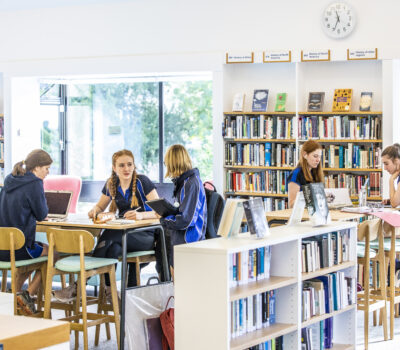
Read more


Are you looking for solutions? Let us help fund them! Nexus Education is a community of over 11,000 schools that come together to share best practise, ideas and CPD via online channels and free to attend events. Nexus also offers funding to all school groups in the UK via nexus-education.com


Established in 2011, One Education is a company at the heart of the education world, supporting over 600 schools and academies. Our unique appeal as a provider is in the breadth and synergy of the services we offer, supporting school leaders, teachers and support staff to achieve the best possible outcomes for their pupils and staff.

School Space is a social enterprise that has empowered schools for over 12 years through their profitable and hassle-free lettings services. So far, they’ve generated over £5 million in revenue for education, helping to connect over 200 schools with their local communities.


Unify is an online sales and marketing tool that allows users to create tailored personalised documents in moments.


There’s nothing special about the energy we sell. In fact, it’s exactly the same energy as all our competitors provide. But there is something special about the way we do it. Where others complicate the process, we simplify it. Where others confuse customers with hidden terms, we’re an open book. And where others do all they can to make as much money from their customers as possible, we do all we can to make as little. Everything we do, we do it differently. Our customers are a privilege. One we’ll never take advantage of.


Securus provide market-leading monitoring solutions to safeguard students on ALL devices both online and offline. We also offer a full monitoring service, where we carry out the monitoring on behalf of the school, freeing up valuable staff resources. From the smallest school to large MAT groups, Securus offers safeguarding protection for all!


Bodet Time offers dedicated solutions to education through lockdown alerts, class change systems, PA and synchronised clock systems. Improving time efficiency of the working and school day; ensuring safety through lockdown alerts; increasing communication with customised broadcast alerts.


Robotical makes Marty the Robot - a walking, dancing coding robot that makes programming fun and engaging for learners as young as 5. Our robots come with a full Learning Platform that has complete teaching resources, to make lesson planning a breeze.
